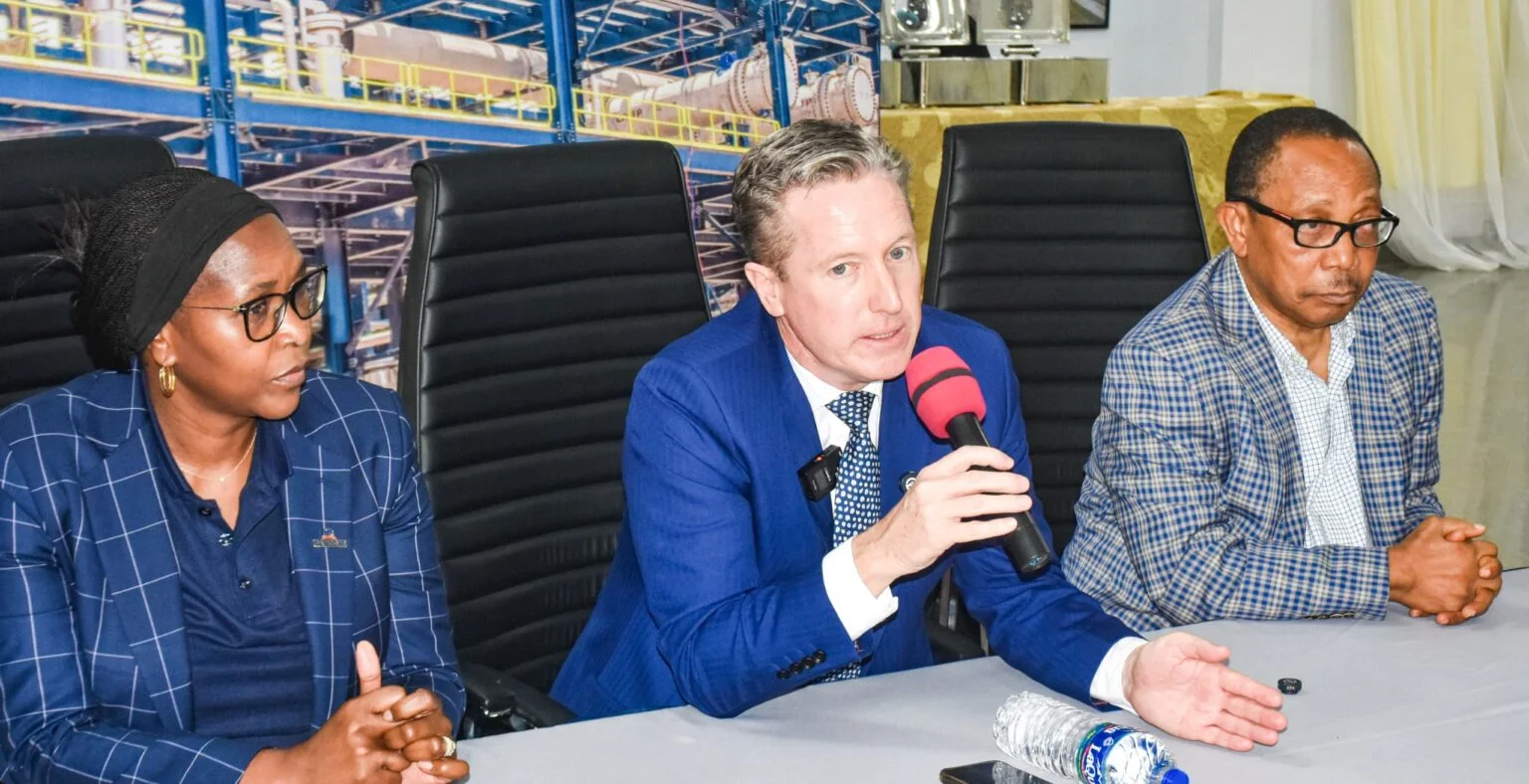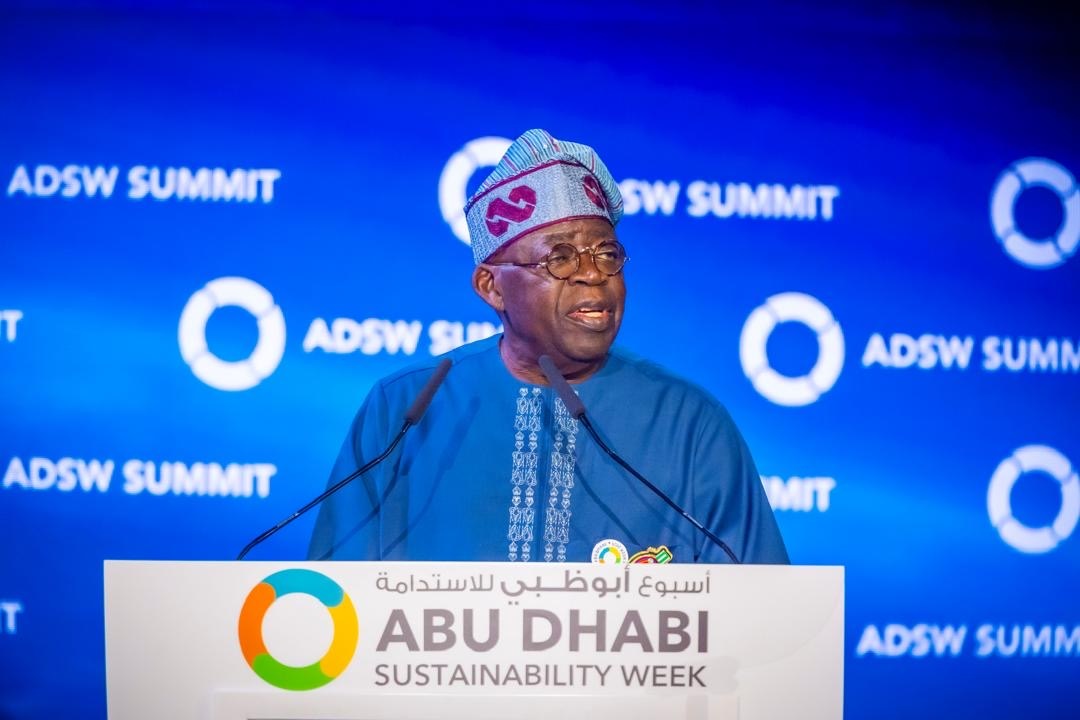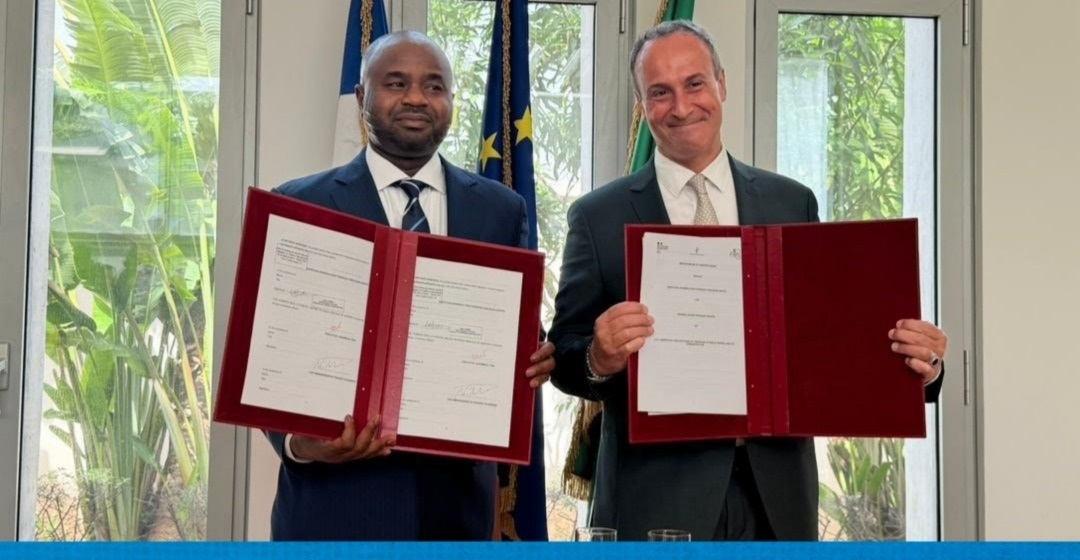By Stanley Nkwocha
Discover the Latest from the BRICS Summit and Nigeria’s Diplomatic Milestones
The recently concluded BRICS summit, comprised of Brazil, Russia, India, China, and South Africa, holds captivating significance. This year’s assembly took place in Johannesburg, South Africa, with participation from all BRICS leaders barring Russia’s Vladimir Putin.

Amidst the international fervour, Nigeria made its presence felt through Vice President Kashim Shettima, who represented President Bola Ahmed Tinubu at the event.
Post-summit, six nations received invitations to join this illustrious group. The list of new entrants includes Argentina, Egypt, Ethiopia, Iran, Saudi Arabia, and the United Arab Emirates.
In the context of BRICS’ expansion, Nigeria’s domestic landscape has witnessed a political shift. Some critics have sought to attribute Nigeria’s exclusion to the present administration’s alleged shortcomings. This leads to a pertinent question: What actions did previous governments undertake since 2009 to secure Nigeria’s membership in this esteemed consortium?
Critics aside, concerns also swirl around the summit’s commercial ramifications. It’s crucial to note that the essence of the BRICS summit extends beyond financial distributions to non-member states like Nigeria.
As a keen observer of global politics, I extend my commendation to the Tinubu administration for its proactive stance in Nigeria’s foreign diplomacy. The administration’s assertiveness, determination, political will, and strategic engagement at various international platforms, including the African Union (AU) summit, Russian Summit, ECOWAS intervention in Niger, and the BRICS summit, signals a resolute effort to reinstate Nigeria’s esteemed position globally.
Vice President Kashim Shettima’s foreign commitments have garnered my precise attention. His proficiency in executing tasks assigned by President Tinubu reflects astuteness and finesse. From bilateral and multilateral agreements to treaty signings, trade propositions, and investment appeals, Vice President Shettima’s conduct exemplifies a departure from fleeting foreign diplomacy practices. This leadership echoes a transformative stance.

While Nigeria’s absence from the BRICS invitee list may currently prevail, the leadership’s vigour, intellectual acumen, audacity, and enriched understanding of global politics by Vice President Kashim Shettima portend a promising trajectory. The realm of Nigeria’s foreign diplomacy and politics holds potential for a substantial pivot, establishing a deserved stature in global political and economic spheres.
In alignment with fellow Nigerian Idowu Koyenikan’s words, “Your pride for your country should not come after your country becomes great; your country becomes great because of your pride in it.”
In the throes of these diplomatic dynamics, Nkwocha, a seasoned media practitioner, contributes this perspective from Abuja.





